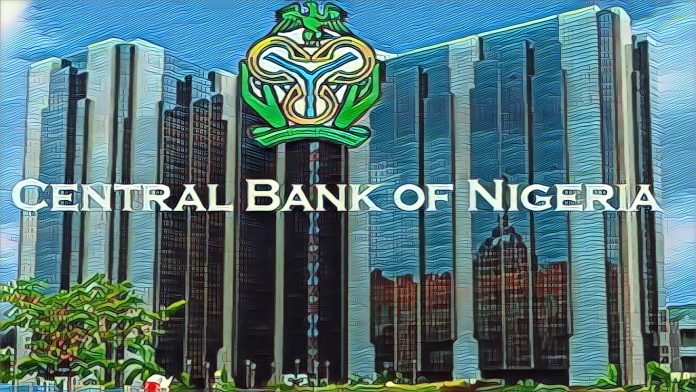Nigeria’s economic activity continued to decline in July, marking the thirteenth consecutive month of contraction. High costs and declining employment have been central to this sustained downturn, as indicated by the Central Bank of Nigeria’s (CBN) Purchasing Managers’ Index (PMI). The latest report, released on Wednesday, showed that the composite PMI stood at 49.7 points in July, signaling another month of contraction in economic activities.
Although the overall economic activity remains in negative territory, the PMI did show a slight improvement from the previous month. In June 2024, the PMI was at 48.8 points, so July’s figure represents a modest increase of 1.8 points. Despite this small uptick, the index remained below the critical 50.0 points threshold, which separates growth from contraction.
The PMI is a key economic indicator that reflects the performance of various business activities. It is calculated based on changes in different aspects of respondents’ business operations, such as new orders, output, employment, and suppliers’ delivery times. A PMI reading above 50.0 points generally indicates an expansion in business activities, while a reading below 50.0 points suggests a contraction.
The July report painted a mixed picture of Nigeria’s economy. On one hand, suppliers’ delivery times and stock levels improved, suggesting that businesses were able to maintain or even build up their inventories. On the other hand, new orders and employment levels continued to decline, albeit at a slower pace than in June. These mixed signals reflect the ongoing challenges facing the Nigerian economy, where some sectors are struggling more than others.
A closer look at the sectoral breakdown of the PMI reveals the varying fortunes of different industries. The Services Sector, which includes activities such as finance, insurance, and real estate, recorded a PMI of 50.3 points in July, indicating slight growth. In contrast, the Industrial Sector, which covers manufacturing and construction, reported a PMI of 48.3 points, reflecting ongoing contraction. The Agricultural Sector, which is vital to Nigeria’s economy, registered a PMI of 49.7 points, showing a slower rate of contraction compared to June.
The report also highlighted significant challenges within certain subsectors. Twenty-five subsectors experienced a decline in new orders, with the pharmaceutical products subsector reporting the highest levels of decline. This trend underscores the difficulties facing Nigeria’s pharmaceutical industry, which has been particularly hard hit by rising costs and supply chain disruptions. However, not all subsectors experienced a downturn. Nine subsectors, including Cement and Forestry, reported increased levels of new orders, though their growth remained unchanged from the previous month.
The ongoing challenges in the pharmaceutical industry were highlighted by a separate report from BusinessDay. The report revealed that Nigerians are now paying three times more for antibiotics that were once produced by British pharmaceutical giant GlaxoSmithKline (GSK). Since GSK’s exit from Nigeria in August 2023, prices for its signature products, such as Augmentin, have skyrocketed by over 300 percent. This price surge reflects the broader inflationary pressures in the Nigerian economy, where the cost of essential goods and services continues to rise.
Employment levels also remained a significant concern in July. The PMI report indicated that 18 out of 25 sectors experienced a contraction in employment. The printing activities subsector saw the most significant decline in employment, while the Petroleum and Coal subsector recorded the highest levels of employment. Overall, the composite employment index stood at 48.7 points in July, marking the seventh consecutive month of contraction. However, this was a slight improvement from June’s reading of 48.3 points, suggesting that the rate of job losses may be slowing.
In the Services Sector, certain subsectors managed to buck the trend of contraction. The motion pictures, cinema, sound recording, and music production subsector recorded the highest level of expansion, bringing the sector’s PMI to 50.3 points. This growth suggests that some areas of the entertainment industry are still thriving, despite the broader economic challenges.
Meanwhile, Stanbic IBTC’s PMI report for July provided a slightly different perspective on Nigeria’s economic performance. According to Stanbic IBTC, the headline index for July declined to 49.2 points, down from 50.1 points in June. This marked the first time in eight months that the index fell below the 50.0 points no-change mark. The 1.01-point difference between Stanbic IBTC’s PMI and the CBN’s PMI highlights the variability in economic assessments depending on the methodology used.
Stanbic IBTC’s report pointed to rising input costs and selling prices as major factors behind the decline. Companies have been passing higher input costs onto customers, leading to sharp price increases at the start of the third quarter. This has contributed to a renewed decline in output, which in turn has dampened business confidence. According to the report, firms are now less optimistic about the future than at any point since the survey began.



